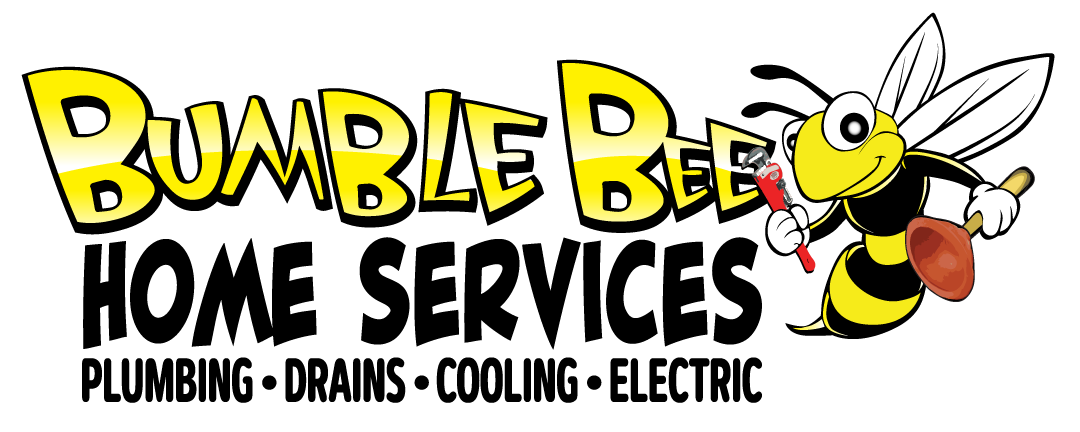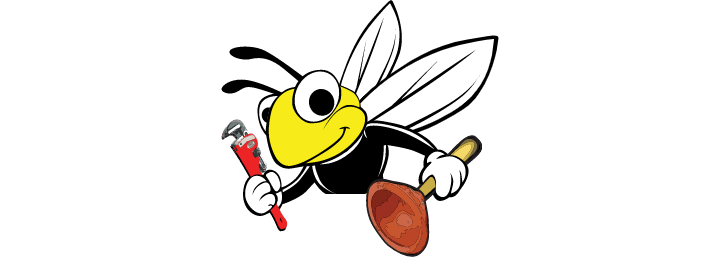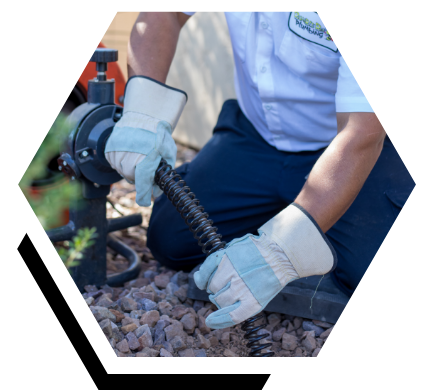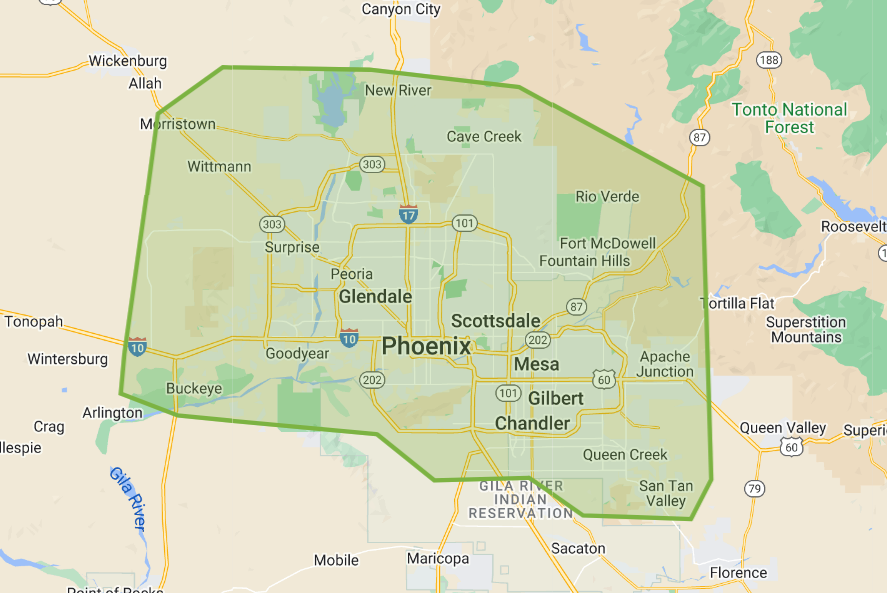Your Guide to Drain Cleaning
All drains will develop clogs over time, but they do so at different rates. There are two major risk factors in most homes. The first is grease. If you pour oil or fat down the drain, it is likely to congeal and clog the pipes. Solid objects, such as paper towels, are the other common problem. They are big enough to cause clogs quickly and are especially common in households with small children.
Always keep an eye out for signs that your drains need cleaning:
- Standing water
- Persistent clogs
- Bad smells
- Gurgling sounds
If you do have a clog, a plunger can clear it close to your drain. If the clog is deep in your plumbing system, it’s best to leave it to our plumbers. Our preferred tool, hydro-jetting, uses a pressurized blast of water to clear the pipes. We can also run a cable through the pipes, known as an auger but referred to as a snake, to remove clogs. In some cases, we can even use enzymes to break up clogs.
It can be difficult to figure out which method is best for dealing with a stubborn clog. Most require specialized tools and equipment, which means it is vital to have a professional handle the job. Amateurs can easily damage their home’s plumbing by accident. That can be an expensive mistake, especially if you end up needing an extensive drain repair project. You can eliminate that risk by getting professional drain services from us.





